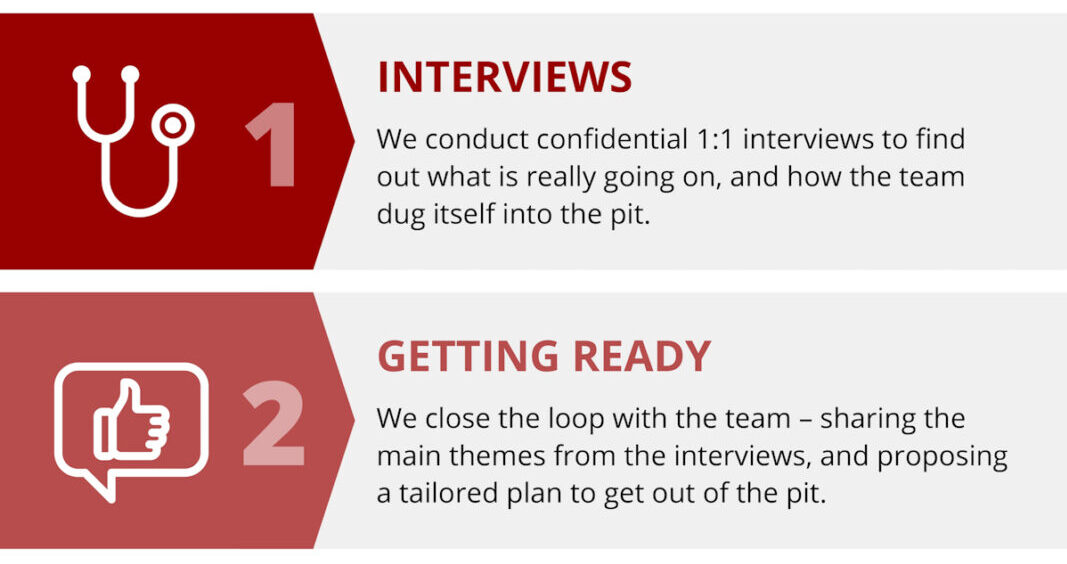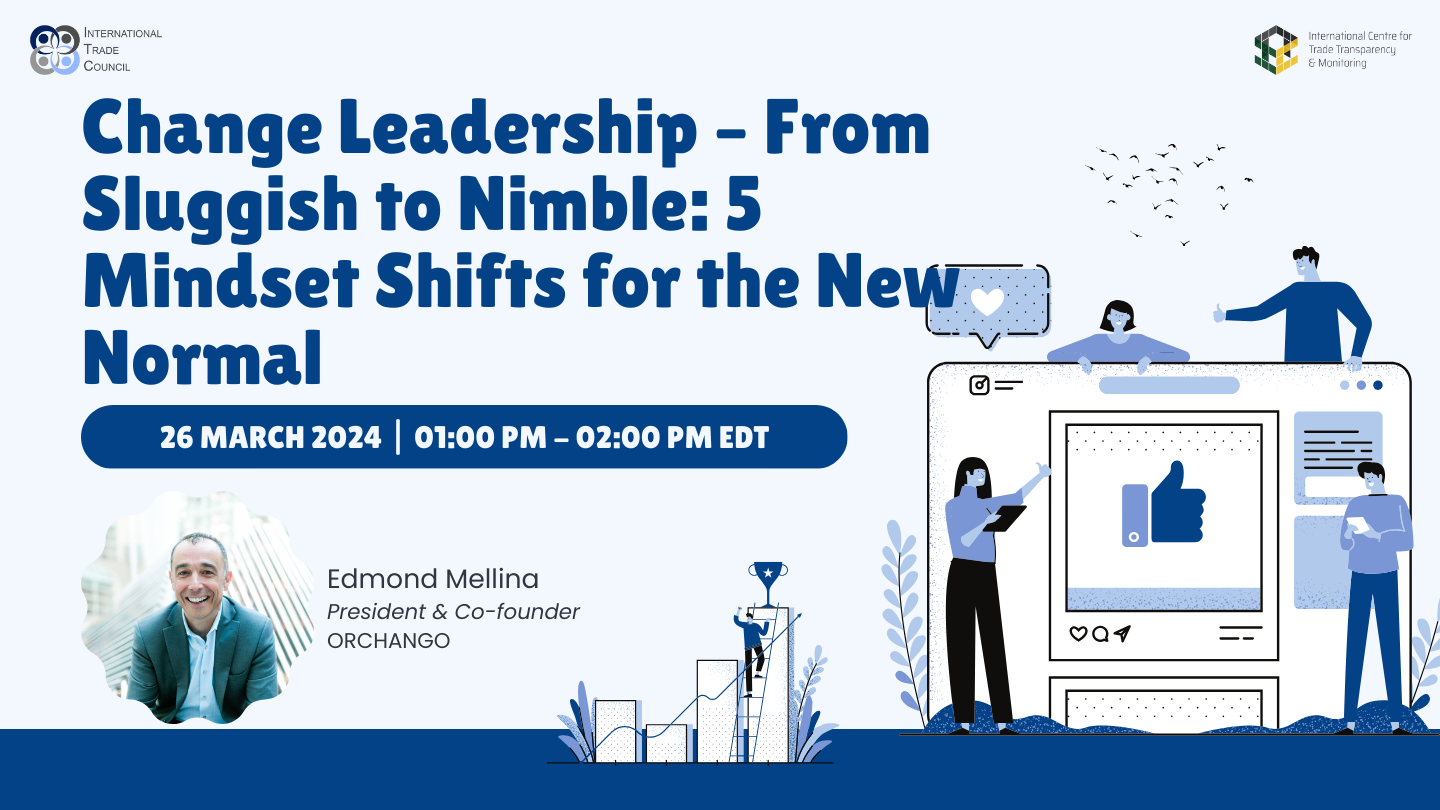How do you transform the dynamics of a team (leadership or otherwise) from dysfunctional to…
Artificial intelligence will make internal politics even nastier!

The author reflects on a new research reports about the impact of artificial intelligence (AI). His prediction: AI will make internal politics nastier within management ranks.
Article first written for the People + Strategy blog of HRPS (USA).
Research by The Brookfield Institute
Artificial intelligence is a hot topic these days. Not surprisingly, news outlets north of the 49th parallel jumped on the release of a new research report cleverly titled “The Talented Mr. Robot: The Impact of Automation on Canada’s Workforce”. The study was conducted by The Brookfield Institute for Innovation + Entrepreneurship – a newly created independent and nonpartisan institute, housed within the Ryerson University of Toronto, that is dedicated to advancing Canada’s innovation and entrepreneurship.
The news headlines focussed on the percentage of workers at high risk of seeing their jobs disappear over the next 10 to 20 years (42%); and on the probability that various job types will be automated as a result of the emergence and rapid adoption of new technologies, such as artificial intelligence and advanced robotics.
Management jobs less impacted by AI
However, it was something else that caught my attention: The Brookfield Institute’s prediction that management jobs in most fields will be comparatively safer than their related lower-tier, front-line positions.
As Sean Mullin, the Institute’s executive director, explained to one of our national newspapers: “Many management jobs become more necessary when jobs disappear below them, because companies need people to manage new complex systems. While retail sales jobs, for example, are expected to be highly vulnerable to new technology, retail and wholesale managers have low odds of being impacted.”
Get ready for nastier “dark” politics among managers!
In previous articles and blog posts, I talked about the fundamental difference between “light” and “dark” politics. If the intent of light politics is first and foremost the good of the organization, dark politics is all about personal gains.
In a recent post (“Give a Change Stethoscope to Your Managers”), I stressed the importance of playing light politics when leading change. In another post (“Bad for Business: Managers Playing Dark Politics”), I discussed the damaging effects of dark politics; and I quoted psychologist Robert Hogan who wrote in the People & Strategy journal: “About two-thirds of existing managers are ineffective, but fewer than half will be caught because they are good at internal [i.e. ‘dark’] politics.”
As artificial intelligence dramatically changes our organizations over the next decade, get ready for dark politics to become significantly nastier at the management level!
Power, pay, recognition … and now job security
Indeed, until now the main drivers of dark politics were power, pay and recognition. Managers with no qualms about planting knives in the backs of their peers have long discovered it was a good strategy to get more resources, larger bonuses, faster or bigger promotions, etc. The dark political game has been going on ever since.
As artificial intelligence makes further inroads into the workplace, organizational structures will change. Some jobs will disappear; others will evolve. There will be several rounds of reorganizations. Just that will be enough to increase political gamesmanship among management ranks.
But the prevalence and intensity of dark politics will be significantly heightened by the fact management jobs will be safer than lower levels jobs. It won’t be just about power, pay and recognition anymore. It will also be about survival (i.e. job security).
Higher stakes can only mean an uglier political game.
Should you sharpen your political knives?
If you read some of my previous posts about internal politics (for example the ones whose links I provided above), you know I have never been a big fan of dark politics. I recognize it is a natural part of organizational life. But it creates lots of damages.
Therefore, I cannot conclude this post with the following recommendation: “Time to sharpen your political knives!”
I write for the true leaders out there. The ones who have their organization’s interest at heart; and who use light politics to help move their business forward. For these leaders, here are my recommendations:
- Expect dark politics to become nastier with the adoption of artificial intelligence;
- As you work on the necessary reorganizations – and makes decisions about the evolving management roles – see through the political games and avoid being influenced (too much) by them.
- Recognize that you will also be “in the game” – whether you want it or not. So first, decide where to draw your own personal line between dark and light politics. Second, respect your own demarcation line so that you can continue watching yourself in the mirror every morning.
It’s just around the corner
The Brookfield Institute used a 10-to-20-years time horizon for its research. My initial reaction was that we still had plenty of time to prepare for the heightened political games.
But then I remembered the famous quote from Microsoft’s Bill Gates: “We always overestimate the change that will occur in the next two years and underestimate the change that will occur in the next ten.”
Gasp, the ugly game is just around the corner…
Copyright © 2016 by ORCHANGO. All rights reserved. | Photo credit: ©Flickr.com/Didriks




This Post Has 0 Comments